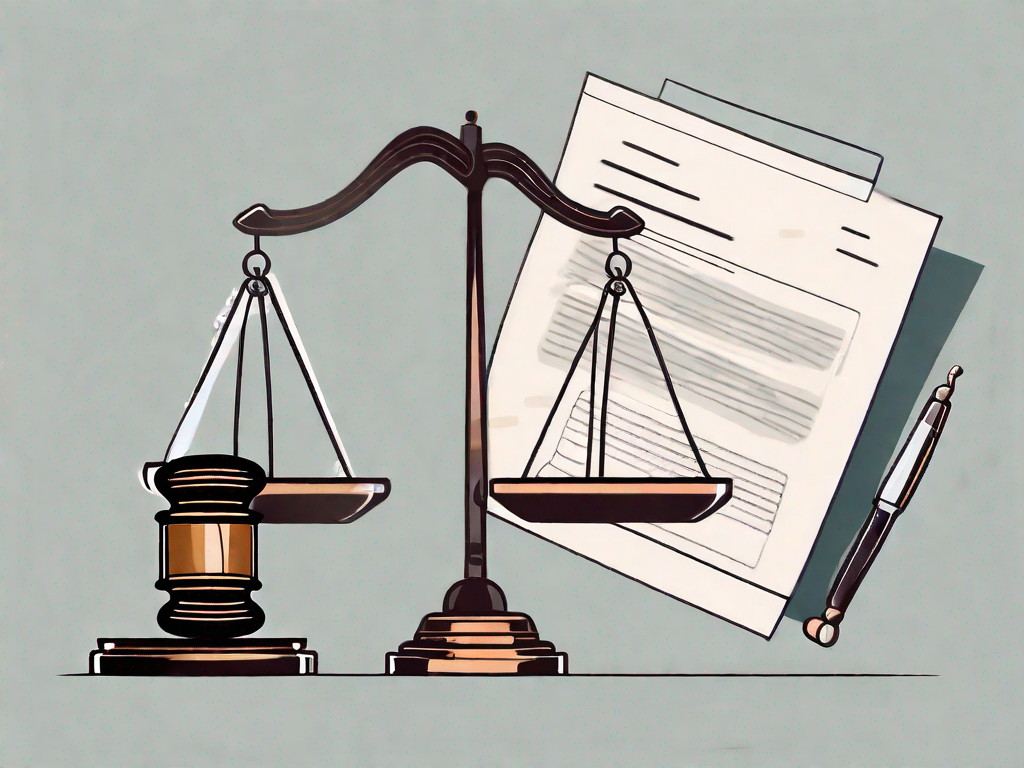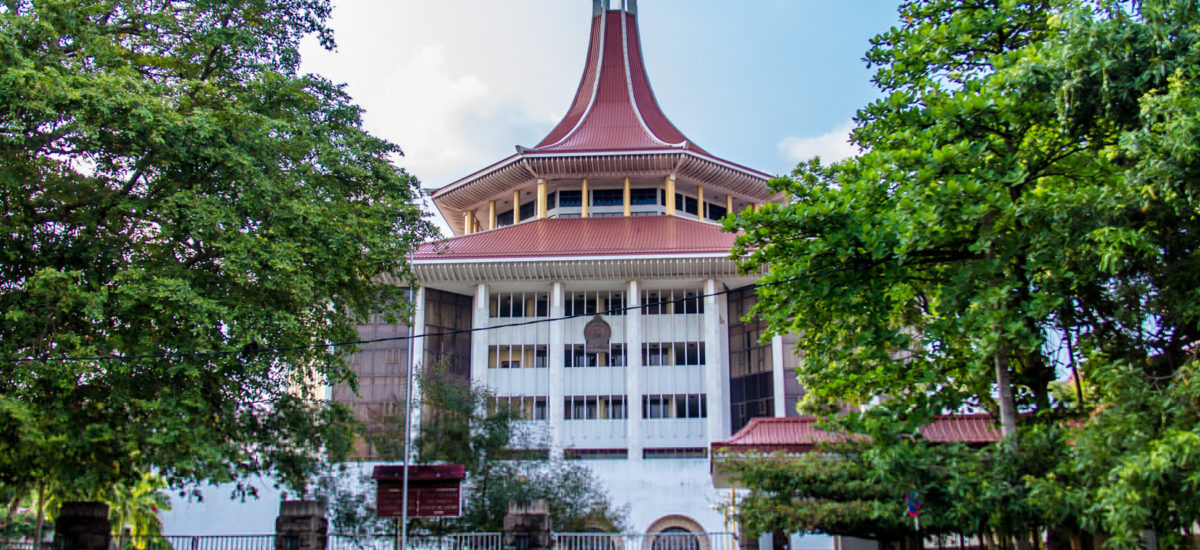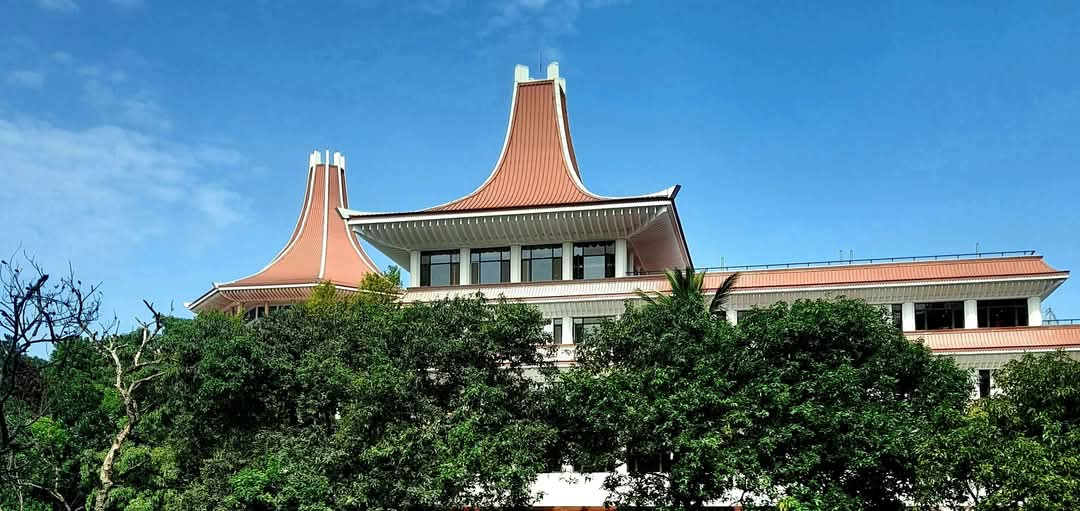“CA Can Exercise Revisionary Jurisdiction Despite Appeal Remedy”
Unfair Trial in Illicit Liquor Case

- Improper Introduction of Previous Convictions
- Reference to Bad Character in Witness Testimonies
- Failure to Consider the Accused’s Dock Statement
The Court of Appeal has acquitted a man who was convicted in an illicit liquor case, ruling that he was not afforded a fair trial in the Magistrate’s Court. The appeal was allowed on grounds that the police improperly introduced the accused’s previous convictions at the start of the case, improperly referred to bad character in witnesses, and that the Magistrate failed to properly consider the dock statement made by the accused. The appellate court found that these issues had prejudiced the fairness of the trial and violated the accused’s right to a just legal process.
Background
The case stems from an arrest made by police officers who alleged the defendant was involved in the illicit liquor distribution. However, before even beginning the trial, the prosecution made references to the accused’s previous convictions, implying a pattern of criminal behavior.
During the proceedings, the prosecution also made repeated references to the bad character of the accused through witnesses. Additionally, the accused was given an opportunity to offer a dock statement in his defense; however, the Magistrate failed to adequately consider this statement, dismissing it without proper legal examination or due process.
The Court of Appeal found that several key elements of the trial had breached the principle of a fair trial, which is enshrined in law and international human rights standards. The improper introduction of prior convictions, the reliance on bad character evidence, and the failure to give due consideration to the defendant’s own testimony in the dock amounted to a significant violation of the accused’s legal rights. As a result, the appellate court concluded that the trial was not conducted in accordance with the principles of justice and fairness.
“…when the petitioner was charged before the learned Magistrate of Pilassa, the petitioner’s previous conviction record was before the Court, which was not something that is expected from a complainant when filing a charge of this nature against an accused. It is the view of this Court that whatever may be said on the basis that such a procedure would not prejudice the accused person, informing the Court in writing the previous conviction history of an accused person would definitely have a detrimental effect towards an accused in deciding a case against him…”
“…since the entire case has been commenced and concluded before the same Judge, it would also be the duty of the learned Magistrate to shut out any evidence relating to bad character when the prosecution attempts to lead evidence in that regard. I am of the view that when considering the bad character evidence, together with the previous conviction record made available to the Court at the very commencement of the case, it has contributed towards the probable denial of a fair trial towards the petitioner….”
“…It needs to be noted that this is not the manner in which a statement made by an accused person from the dock should be looked at by a trial Judge. It is trite law that an accused person is entitled to make a statement from the dock when he was called upon for a defence, and such a statement, although not made under oath or subjected to the test of cross-examination, has evidential value. If such a dock statement provides a reasonable explanation as to the evidence against him or creates a reasonable doubt as to the prosecution case, he is entitled to have that benefit of doubt in his favour….” – Justice Sampath B. Abayakoon
“CA Can Exercise Revisionary Jurisdiction Despite Appeal Remedy”
“..It is well-settled law that even in a situation where the proper remedy would be filing an appeal, the Court of Appeal can exercise its revisionary jurisdiction in a fit case where exceptional circumstances exists that warrant the intervention of the Court….In the case of Thilagaratnam Vs. Edirisinghe (1982) 1 SLR 56, it was held that, “Though the appellate Court’s powers to act in revision were wide and be exercised whether an appeal has been taken against the order of the original Court or not, such powers would be exercised only in exceptional circumstances….It was held in Jonita Vs. Abeysekara (Sriskantha Law Report Vol IV Page 22), “The Court of Appeal empowered with revisionary jurisdiction in exceptional circumstances even though the alternative remedies are provided.”
It was held in the case of Hotel Galaxy (Pvt) Ltd Vs. Mercantile Hotels Management Ltd (1987) 1 SLR 5 that, “It is settled law that the exercise of the revisionary powers of the appellate Court is confined to cases in which exceptional circumstances exist warranting its intervention.” In the case of Wijesinghe Vs. Thamararatnam (Sriskantha Law Report Volume IV page 47) it was stated that; “Revision is a discretionary remedy and will not be available unless the application discloses circumstances which shocks the conscience of the Court.” In the case of Vanik Incorporation Ltd Vs. Jayasekare (1997) 2 SLR 365, it was observed, “Revisionary powers should be exercised where a miscarriage of justice has occasioned due to a fundamental rule of procedure being violated, but only when a strong case is made out amounting to a positive miscarriage of justice.” – – Justice Sampath B. Abayakoon
“…it is not only a judgment pronounced by a Court of Law , but it is also necessary to show that the proceeding before the Court was in accordance with the law….”
Case No: CPA/0146/2023 [Decided on 27.11.2024]
Before : Sampath B. Abayakoon, J. : Amal Ranaraja, J.






